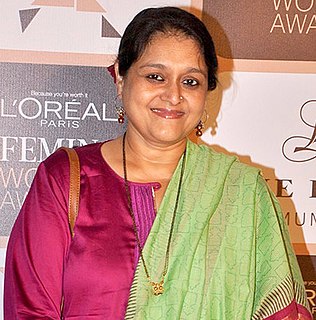A Quote by Benedict Cumberbatch
I think what I loved in cinema - and what I mean by cinema is not just films, but proper, classical cinema - are the extraordinary moments that can occur on screen. At the same time, I do feel that cinema and theater feed each other. I feel like you can do close-up on stage and you can do something very bold and highly characterized - and, dare I say, theatrical - on camera. I think the cameras and the viewpoints shift depending on the intensity and integrity of your intention and focus on that.
Quote Topics
Bold
Camera
Cameras
Can Do Something
Cinema
Classical
Close
Close-Up
Dare
Depending
Each
Extraordinary
Extraordinary Moments
Feed
Feel
Films
Focus
Highly
Integrity
Intensity
Intention
Just
Like
Like You
Loved
Mean
Moments
Occur
Ordinary Moments
Other
Proper
Same
Same Time
Say
Screen
Shift
Something
Stage
Theater
Theatrical
Think
Time
Up
Very
Viewpoints
Your
Related Quotes
I'm very pessimistic about adaptations from one medium to another. I've got a very kind of primitive, Puritan view of it. I tend to think that if something was derived for one medium, then there's no real immediate reason to think that it's necessarily going to be as good or better if adapted into another one. There have been very good stage plays that have made some very good films. But there are not so many differences between the theater and the cinema as there are between the cinema and, say, reading a book or reading a comic.
More than my other films, Uncle Boonmee is very much about cinema, that's also why it's personal. If you care to look, each reel of the film has a different style - acting style, lighting style, or cinematic references - but most of them reflect movies. I think that when you make a film about recollection and death, you have to consider that cinema is also dying - at least this kind of old cinema that nobody makes anymore.


































